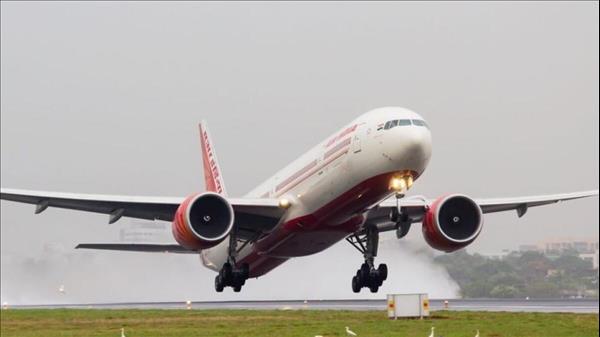(MENAFN- Khaleej Times) Airfares on the UAE-India routes are set for a huge increase of around 300 per cent during peak summer months as the Indian national carriers cancelled flights to some busy routes last month. Travel agents say that airlines have deployed smaller aircraft on the routes which has exacerbated the situation, resulting in an increase in airfares.
They called on the Indian government to allow more capacity on the UAE-India routes because it is the need of the hour due to the massive outbound traffic growth that the South Asian country is witnessing.
Starting March 25, Tata Group, which owns Air India and Air India Express, has started cancelling and realigning flights to different cities from the UAE including Kozhikode, Indore and Goa.
Tata Group took over Air India in January 2022 after winning a $2.17 billion bid and decided to realign routes that are commercially feasible for the new owner. Air India last month announced a plan to buy 220 planes from Boeing, and 250 from Airbus worth $70 billion, to upgrade its fleet and target long-haul routes.
TP Sudheesh, general manager of Deira Travels, said the decision to cancel flights and deploy smaller aircraft has impacted travellers negatively in the form of higher airfares, especially towards the South Indian state of Kerala.
“Actually, the flights were already going full and then they pulled out Air India flights, especially to Calicut from Dubai and Sharjah. So the travel cost has gone up because the number of passenger of seats has been reduced. Cochin route is also affected because earlier, [the] bigger aircraft Dreamliner was deployed and now a smaller aircraft has been deployed,” he said.
Up to 300% increase in airfares He said airfares usually increase between 100 to 300 per cent during the peak summer season when compared to low seasonal rates.
“[The] Indian government should give approval either to foreign or Indian carriers to operate additional flights. And a lot of foreign carriers are ready to operate on India routes, therefore, this is the high time for the Indian government to proactively respond to meet demand.”
Avinash Adnani, managing director of Pluto Travels, said bigger aircraft such as Dreamliner was deployed on certain routes such as Goa and now it has been replaced with the smaller low-cost carrier AI Express jets, resulting in further tightening of seating capacity to India routes.
“This has resulted in a capacity reduction, hence airfares are on the rise. If seating capacity is not increased ahead of the summer as passenger traffic from India is set for a huge spike this year as compared to last year, airfares are set to see a 25 per cent hike from the current level,” he said, adding that unless the frequency of flights is increased by airlines, airfares will stay on the higher side in near future.
The UAE-India route is one of the busiest corridors due to the huge number of Indian residents living and working in the emirates. Recently, Air Arabia Abu Dhabi launched direct flights to Kolkata while Etihad Airways restarted a daily service to the West Bengal capital. India's Indigo also started Sharjah-Bhubaneswar in early March as demand has exponentially grown in the post-pandemic period.
20%-plus increase in passenger traffic “Passenger traffic demand this year is expected to grow by over 20 per cent as compared to last year. Now, 'Ramadan in Dubai' is being promoted aggressively, so a lot of tourists from India are coming even during Ramadan, which is generally a weaker period. Starting next month, it'll be a school break in India, followed by school holidays in the UAE. So we expect a 25 per cent increase in airfares,” added Adnani.
“Even now, July fares to Delhi and other big cities are priced at around Dh1,500-Dh1,800 which goes up to Dh2,500-plus in July if you book the ticket now. And these will definitely touch Dh3,000, if not booked early.”
TP Sudheesh said there are a number of changes that have taken place – for example, as there is no Business Class in the low-cost carrier, cargo capacity is also reduced. Now, people can't book and reserve seats in the low-cost carrier for a short time; instead, they have to buy it immediately.
“You can't hold bookings in budget carriers. So these privileges are no longer there with the introduction of a budget carrier. If you delay, then you'll have to pay a higher fare,” added Sudheesh.
ALSO READ:
uae, israel agree to increase passenger flights
sri-lanka-dubai flights: more choice for travellers at dxb as fitsair increases service




















Comments
No comment